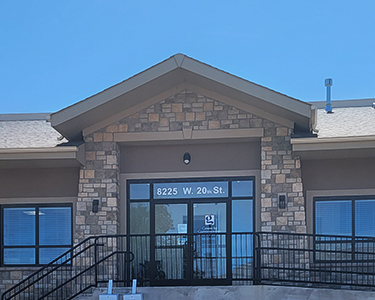About 5-10% of the country’s population has an IBS condition, many of them being under the age of 50, according to IFFGD. While some people are mildly affected, others find the disorder pretty debilitating. The good news is that you can manage your condition with a few tips. Here, we’ll explore what IBS is and what you can do to prevent it from taking over your life.
What exactly is IBS?
Irritable Bowel Syndrome (IBS) is a set of symptoms that affect your digestive system. One of the most common signs of this disorder is abdominal pain, which can range from a dull ache to sharp pain, depending on the severity of the problem. Other symptoms include:
- Changes to your bowel movements
- Abdominal cramping
- Bloating
- A large amount of stomach gas
These signs can vary with each individual, and there’s no known cause for the condition. But, we do know a few aspects that contribute to IBS. One concerns sudden changes to the gut’s bacteria, while another deals with flaws in the nerves located within the digestive system. Other factors include stress levels of the individual and issues with their diet.
What can you do to manage IBS after a diagnosis?
IBS can be a frustrating problem to deal with, but it doesn’t have to affect your day-to-day activities if you employ some tips to manage the condition. Here are a few points to consider using throughout your day.
1. Avoid triggering foods
Some foods will trigger the negative effects of IBS. Consider keeping a diary of the items that cause you to have flare-ups. Once you determine what’s triggering your condition, you can begin avoiding them. Some foods that can cause a flare-up include:
- Caffeinated drinks
- Fatty food items
- Dairy products
- Gluten-based foods
- Processed foods
Avoiding these types of foods will help you manage the condition much easier. You should also strive to eat more homemade meals because highly processed foods contain substances that can also trigger IBS conditions. Examples include additives, extra salt & sugar, and added fat.
2. Limit Alcohol & Get More Exercise
Limiting alcohol and exercising regularly are good for your overall health, but will also help keep your frustrating symptoms at bay. If you employ exercises such as yoga or tai chi, you can also keep your stress levels down, which, as we learned earlier, is a contributing factor to the condition.
3. Probiotics
Probiotics can help you restore your gut balance. When your digestive system returns to a more normal state, your IBS symptoms will lessen, enabling you to go about your day without worrying about whether your condition will keep you from doing something you love.
How to Get Support in Colorado
Managing your IBS will sometimes need the help of a professional, to ensure it doesn’t interfere with your active life. Here, at Centers for Gastroenterology, we have over 40 years of experience in providing supportive gastroenterological services to residents of Northern Colorado. We have key locations across the state that can help you tackle your IBS symptoms. You can find an office in:
- Greeley
- Fort Collins
- Loveland
- Steamboat Springs
Contact us today for more information or to schedule an appointment to see what you can do for your gastroenterological condition.






